Christiane Leiste, former Waldorf teacher, conflict mediator, coach, and mindfulness teacher, hosted a special event at her seminar venue in Hamburg at the end of May. Fourteen people came to discuss German-Jewish trauma. The discussions were held in English.
Myrna Lewis, founder of the “Lewis Deep Democracy Method” for conflict management, was a bit apprehensive about leading a discussion these days in Germany titled “The German-Jewish Issue.” In the end, she took the plunge and brought along her Jewish biography, which began in South Africa. The other participants brought their own German-Jewish experiences into this circle. Nobody knew exactly what it would all lead to—it was an attempt to start a conversation about something usually kept hushed on both sides of the issue. This made our cautious stammering, our fears, and our real attempts to get to know each other all the more beautiful.
Diversity
In the narratives of GDR [German Democratic Republic] ideology, everyone was united in the fight against anti-fascism, and therefore, they were not anti-Semitic. Or were they? At schools in West Germany in the 1980s, it seemed as though you got extra good grades if you dealt with the topic of the Holocaust. The split in the soul of a German-Jewish post-war child, who was still teased for being a Jew in the 1960s while, at the same time, empathetically perceiving the guilt of the Germans, only healed many years later through artistic processing. Another child in post-war France was derided as a “German Nazi child.” The heroic stories told by a grandfather who talked about the war without reflecting on the atrocities were a shocking awakening to his grandson. Yad Vashem is one of the worst places in Israel, said an Israeli, because the narrative of those led to the slaughter is perpetuated and is so difficult to change in one’s self-image. One woman was prepared to keep searching within herself until she found her own “anti-Semitic,” “marginalizing,” “terror.” Another woman desperately wanted to allow herself to love the German language and culture openly again. And there was the Jewish grandfather who had done gymnastics and was suddenly not allowed to be part of the team because now he was “wrong,” and the sadness this left in a child’s soul. When we start to recount our connections to the “German-Jewish issue,” an incredible diversity emerges.
Self-Empowerment
And yet you can perceive it: something is still frozen, on both sides, because of the inconceivability of it all. Even a culture of remembrance does not help. In the anti-Semitism of the Third Reich, something was done by Germans, and, at the same time, Germans did something to themselves. What have we deported out of ourselves to the platforms to wait at the edge of the abyss?
It can’t be about making amends—that is not possible, at all. So where and how can we allow what has happened to become fruitful in our work together? It seems absurd to make such great suffering fruitful—am I even allowed to put it like that? And yet, in every bumpy attempt at dialogue on the great European trauma of the 20th century, something is generated that poses a threat to all totalitarian systems in this world: the self-empowerment to be sensitive to everyone in the room and not choose to flee into rationality or seek security in a group of supposedly like-minded people—to recognize that there can be a wisdom of the minority or even of the individual. And to not be afraid of the pain that arises.
The day took us further into the layers from which history is woven. Using a few concrete examples of methods, we examined the phenomena of identity, group, and nationality. We continued to push borders and go beyond them. By the end of the day, Myrna was relieved, happy, and amazed at what was made possible. The seed for her lifelong work on a method that does not seek to eliminate or hide anger, terror, and horror, lies in her childhood. She could not understand why her Jewish parents treated the black domestic workers so badly in the aftermath of the Holocaust. This shows just how complex the connections in the human soul are and that the term “anti-Semitism” is perhaps too limited to be truly felt. Myrna, in any case, wanted to do something and not just watch. And on this day, we practiced a way of coming to terms with history that took place on an individual level—a path that seems fruitful for the future.
“It was a great, diverse group of participants who brought very different and multi-layered perspectives and depth to the table. This showed me that we all find ourselves in a complex field that we cannot enter through discussions and arguments alone, but which lies deeper. The methods and attitude of Deep Democracy are simply perfect for getting to these layers and working with them rationally. All the theoretical approaches I’ve come across so far only scratch the surface. So I’m very happy that we did this. It’s like a prelude to further work in this area. I learned a lot about myself and the field just from the check-in and the task of talking about myself. For example: what are the feelings of guilt (or attributions of guilt from outside) that we have to deal with as Germans without clearly knowing it? I was also impressed by the different ways people identify with Judaism without being Jewish. There’s also the subtle aspect of using the word ‘Jew’ and not, rather, saying ‘Jewish person’ or something similar. It’s not splitting hairs; it’s about the real weight of the words. These methods are wonderful for dealing with that. We should definitely continue with them.” —Ulrich Kaiser
“‘What in your life has brought you here, to this place where I am listening to you and where you are listening to me? From which story are you speaking, and which one can I add myself?’ We arranged to meet in Hamburg on May 24, 2024, to share our personal feelings and experiences with the German-Jewish issue, carefully and without reservations. I experienced how each of us took a specific place in the room and in the group with our own story. This gave rise to a touching bond that corresponded to our constellation. In the course of the process, there was an open conflict between two people. The deliberate intensification of the mutual accusations, suggested by Myrna, the process leader, led to a gentle resolution right at the point of maximum opposition. We, as a group, were connected to the conflict between the two and to its resolution. I see a deeper layer of understanding in this. Even in larger communities? The possibility of being able to seriously forgive? To seek new paths in mutual trust, to create? Deep Democracy as a healing path?” —Sibylle Wissmeyer
More Lewis Deep Democracy, Lean-in
Translation Laura Liska
Photo Filip Komink, Unsplash

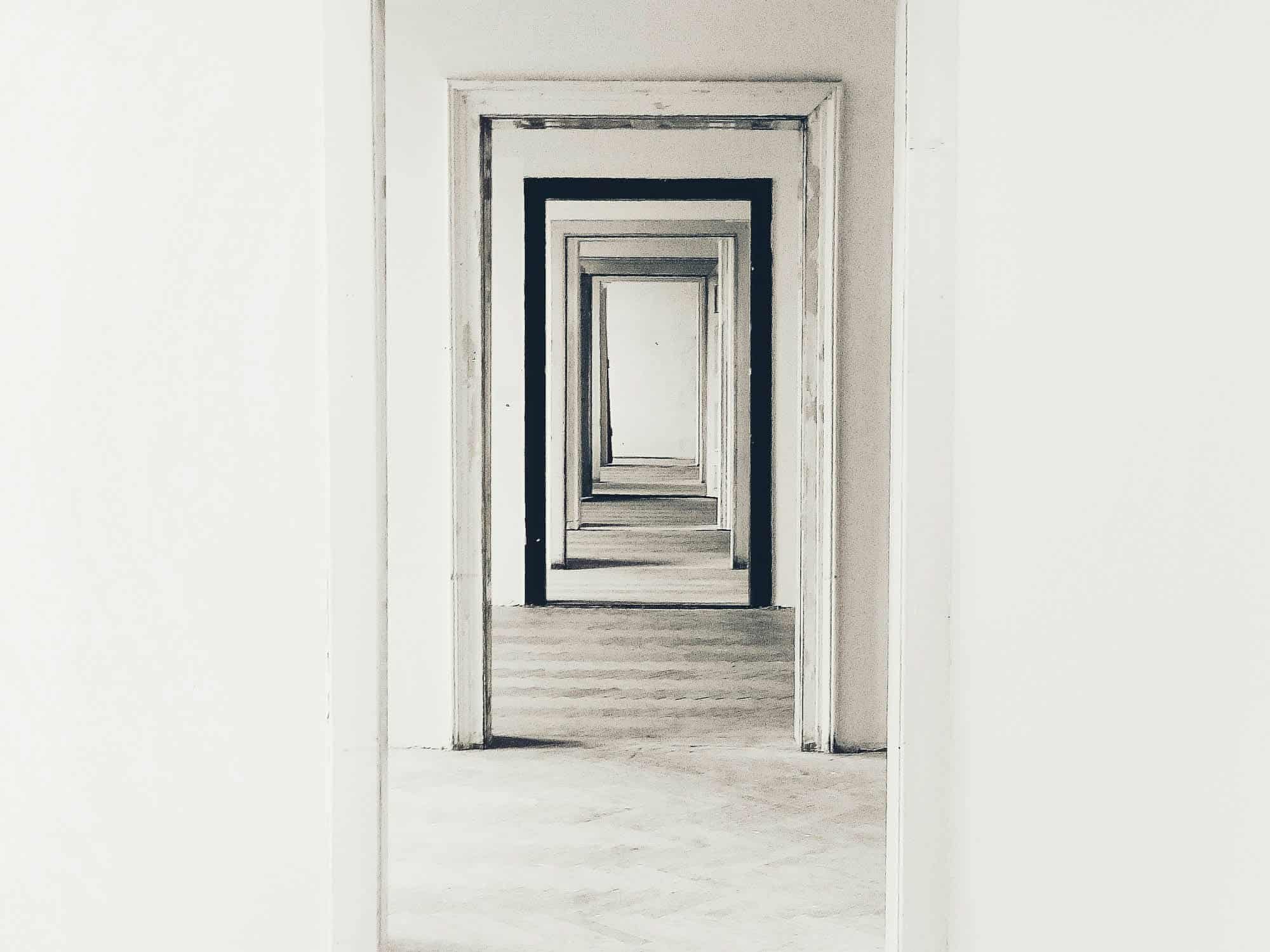

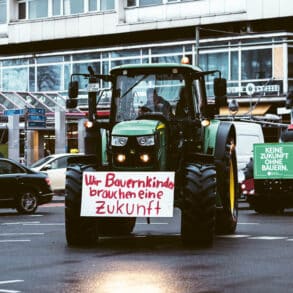
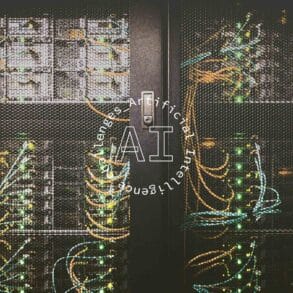
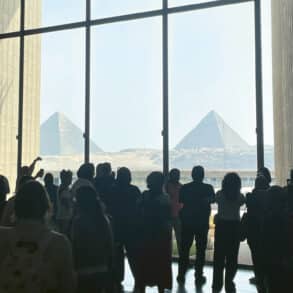
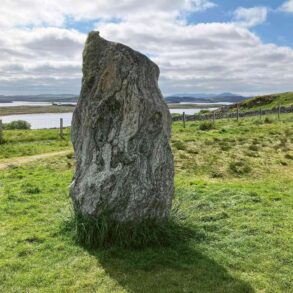

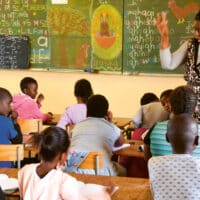

guilt is an ever increasing phenomenon amongst humans everywhere .. how can GUILT be dealt with as it passes from one generation to the next ? what are the underlying emotions and feelings that trigger a ‘Guilt’ addiction ? if humans are never allowed to ‘forget’ through constant memorials, what chance is there for reconciliation and peace ever ? why are there no memorials for a brighter kinder more loving future ?